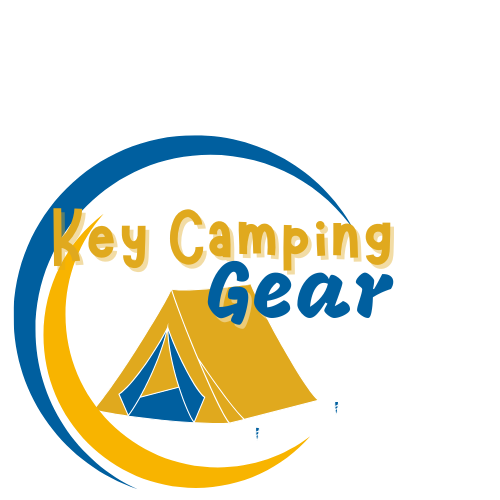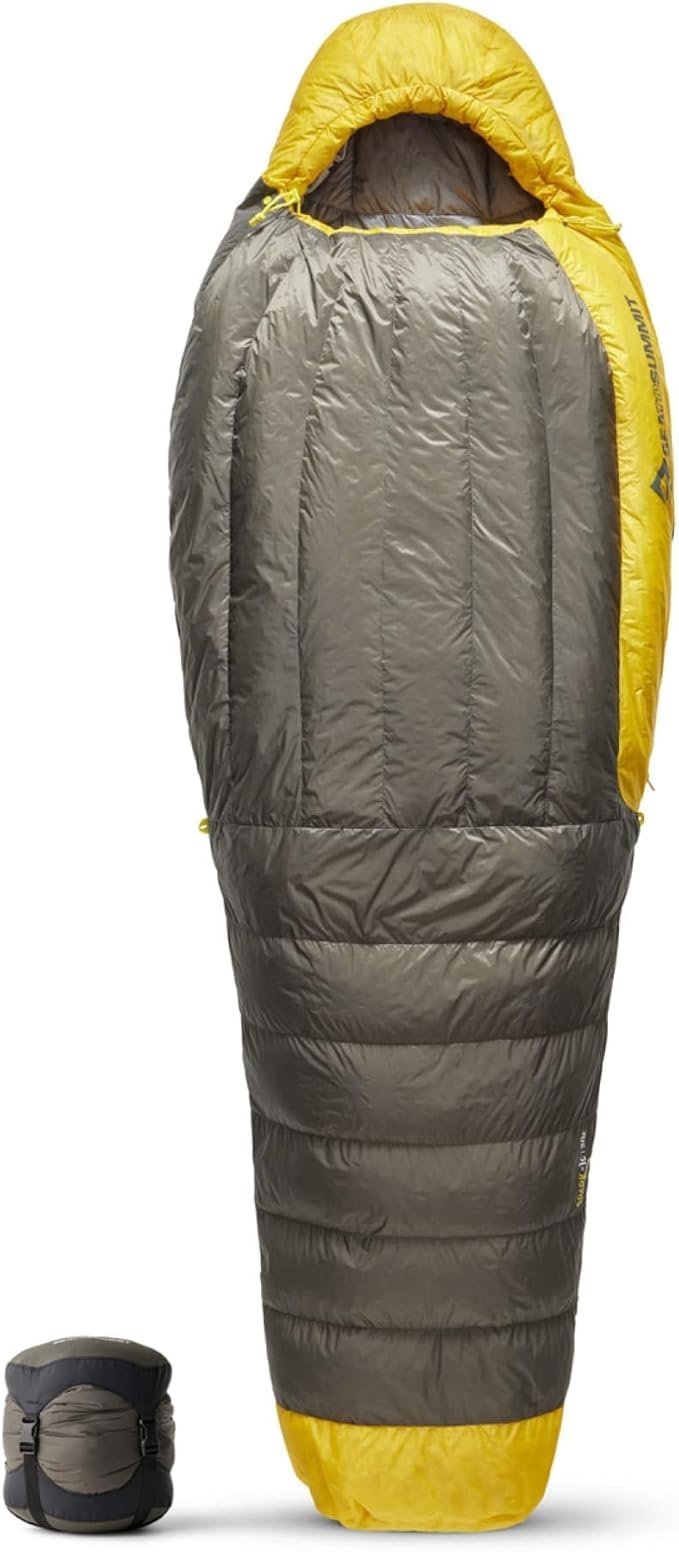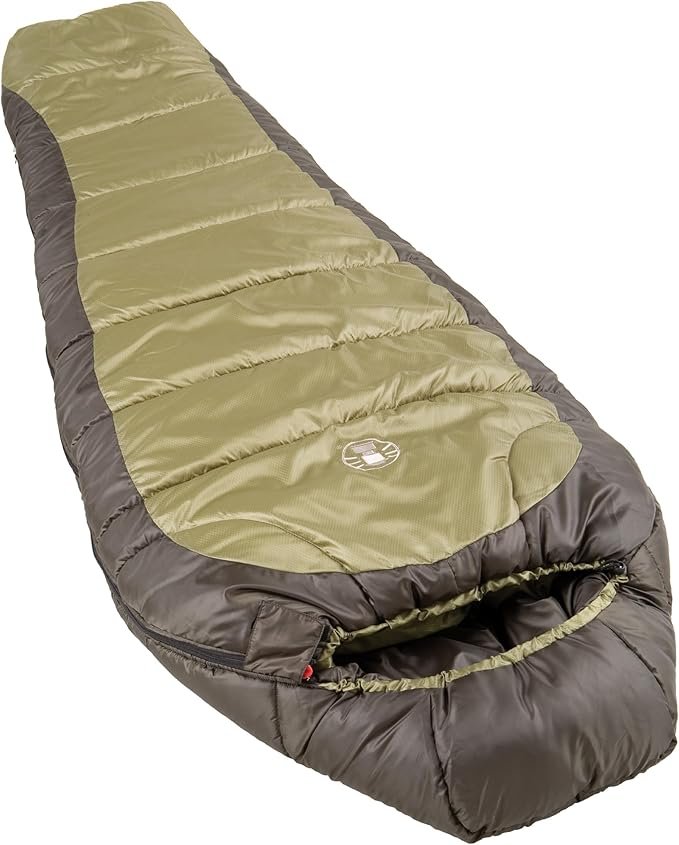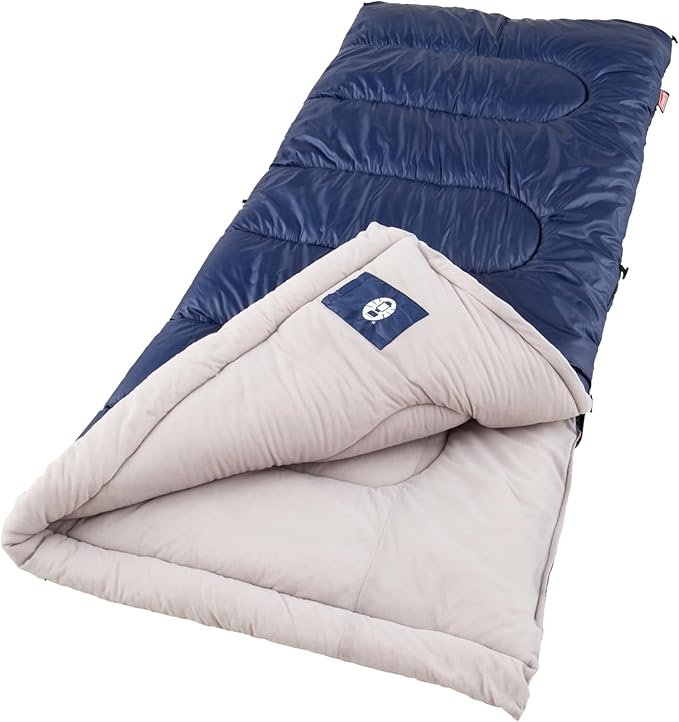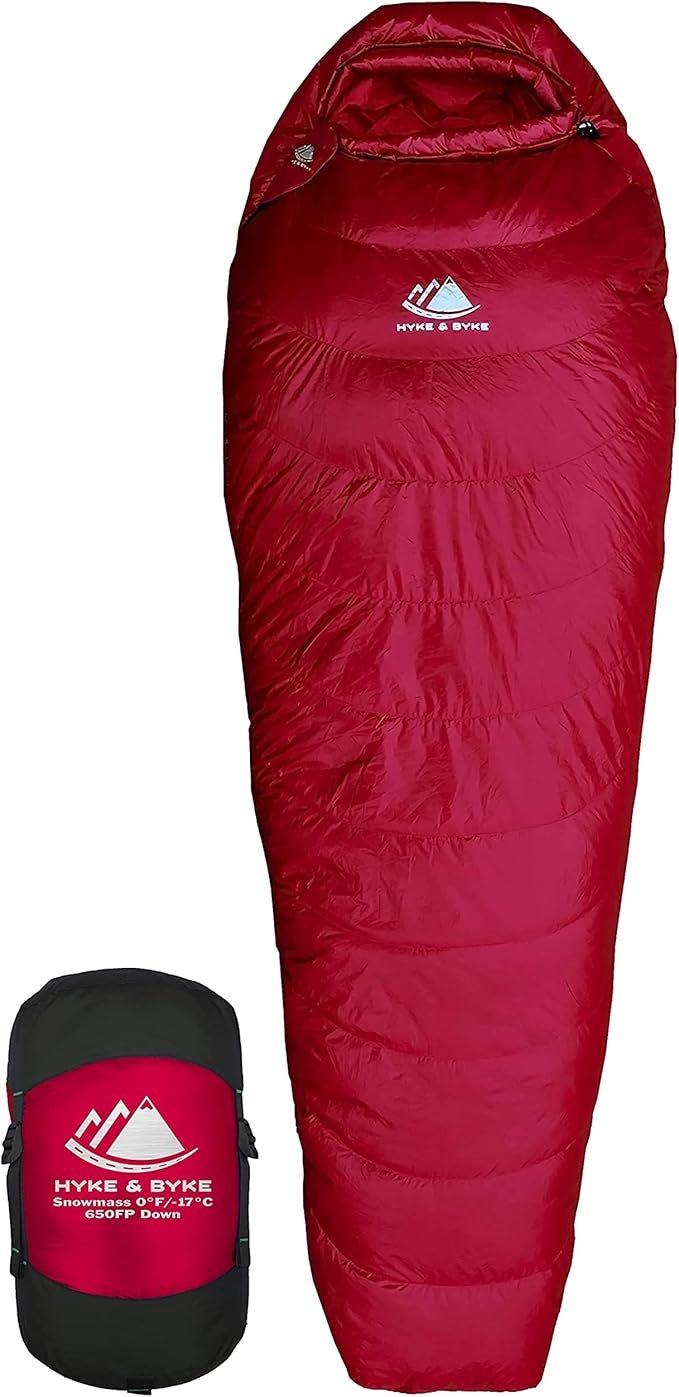How to Choose the Right Sleeping Bag
Whether you’re camping in the humid forests of Patagonia or backpacking through chilly mountain passes, choosing the right sleeping bag is essential for comfort, warmth, and a good night’s rest.
Here’s how to make the best choice:
1. Consider the Temperature Rating
Sleeping bags are rated for specific temperature ranges. A bag rated to 20°F (-6°C) means it will keep you warm down to that temperature under ideal conditions.
General tips:
• Summer camping: 35°F to 50°F (1°C to 10°C)
• 3-season use: 15°F to 30°F (-9°C to -1°C)
• Winter camping: 0°F or lower (-18°C or below)
❄️ Pro Tip: Always go for a bag that’s rated at least 10°F lower than the coldest temperature you expect.
2. Choose the Right Shape
• Mummy bags:
Lightweight and heat-efficient. Best for backpackers and cold climates.
• Rectangular bags:
Roomier and more comfortable for casual camping.
• Semi-rectangular (or “barrel” shape):
A good compromise between comfort and warmth.
3. Weight & Packability
If you’re backpacking, look for lightweight down or synthetic bags that compress easily. For car camping, comfort can outweigh weight.
4. Down vs Synthetic Insulation
| Feature | Down | Synthetic |
|---|---|---|
| Weight | ⭐⭐⭐⭐⭐ Ultralight | ⭐⭐⭐ Moderate |
| Warmth | ⭐⭐⭐⭐⭐ Excellent insulation | ⭐⭐⭐ Good, but less efficient |
| Compressibility | ⭐⭐⭐⭐⭐ Packs very small | ⭐⭐⭐ Bulkier |
| Water Resistance | ⭐⭐ Poor when wet | ⭐⭐⭐⭐⭐ Keeps insulating when wet |
| Price | ⭐⭐ Expensive | ⭐⭐⭐⭐ More affordable |
5. Fit Matters
Sleeping bags come in different lengths and widths. Some are made specifically for women or taller users. A snug fit traps heat better, but too tight can feel claustrophobic.
6. Extra Features to Look For
• Hood: Retains head warmth
• Draft collar / zipper baffle: Prevents cold air from entering
• Zipper location: Side zippers are more convenient for most people
• Water-resistant shell: Ideal for humid or damp environments
Best Sleeping Bags You Can Buy
Here are some top-rated options to suit different types of campers.
